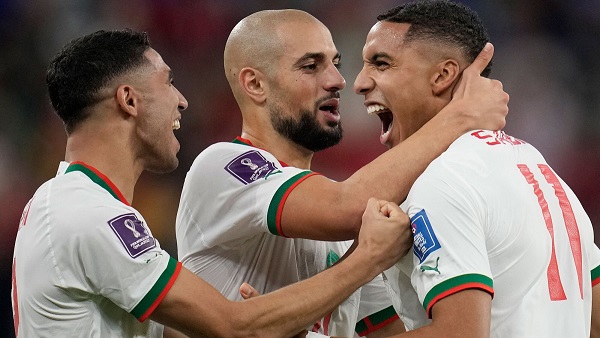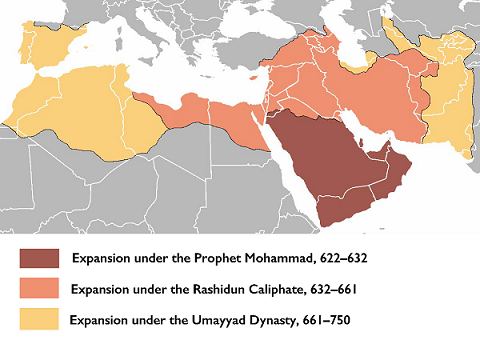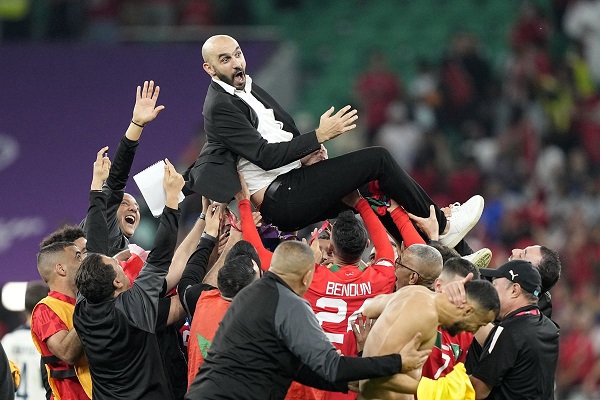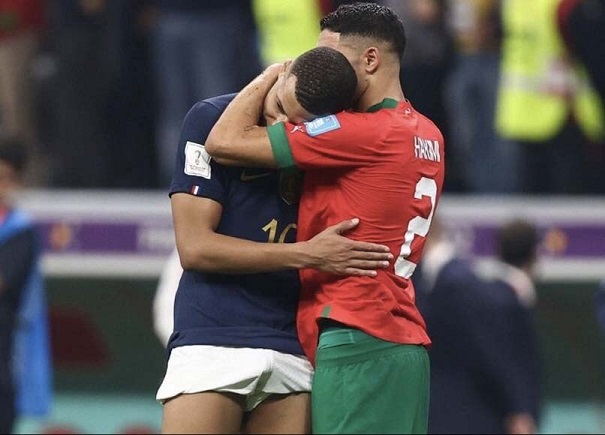For the 15th day of Advent, Choto brings you another FIFA World Cup article. Intended for football nerds, as well as for those that don't even know who Maradona was. See you tomorrow!
Well, who would’ve said we’d meet again so soon? This article was originally intended to be released after the World Cup final match, but, you know, Carpe Diem, right? Ten days ago I wrote an article about poetic justice and football. I rambled about a dramatic match that had ‘robbed’ an entire continent of the chance of seeing one of their own in the top 4. On the very next day, something astonishing happened. Usually, when the tournament reaches the quarter finals, it becomes a fight between Europe and South America, with a somewhat equal representation from both Confederations. Yet this time, and against all odds, an African team had managed to beat Spain and advance to the next stage, to once again carry the hopes of the whole of Africa, as well as the Arab world.
The story of Morocco and their Qatar adventure is quite interesting. Not only because of how far they got (they will duel Croatia for third place on Saturday), but because of who they outplayed to get there, and the historical significance of it all.
If we are to just look at football statistics, Morocco is the first African and Arab nation to reach the semifinals, having beaten Belgium, Spain, and Portugal, all of which were candidates to win the trophy. That in itself is enough to justify a well-earned spot in sports history, and this article could end right now. But if we follow the topic of poetic justice, allow me to mix this story with a little bit of actual history. Morocco is one of about 40 monarchies around the world, and has been around for more than 1300 years, although it hasn’t always been known by the same name. During medieval times, the Umayyad Caliphate (legal predecessor to the Kingdom of Morocco) conquered almost all of the Iberian peninsula, and succeeded in keeping the Ottoman Empire at bay, becoming the only north African nation who was never conquered by the Turks. Mighty and powerful as they were, the Umayyads lost all their holdings in Europe an by the year 1500 they had been driven back to Africa by the combined efforts of the Portuguese and pre-Spanish Kingdoms. And from that year until 1956, Morocco would be more or less controlled by colonial overlords: Portugal, Spain and France.
Now I say “more or less” because Morocco always retained some sort of independence. However, the rapidly-growing Portuguese and Spanish Empires took interest in Moroccan strategic ports and cities, and as a sign of revenge for centuries of Muslim occupation, they invaded and took the cities of Ceuta and Melilla. The full-scale invasion was postponed due to more urgent issues over at the New World, and was altogether dismissed a couple centuries later thanks to a certain Napoleon Bonaparte, who was causing mayhem in Italy.
As time went on, Europe began to industrialize and Africa fell horribly behind in all regards, and Morocco was finally put under a Spanish-French Protectorate at the beginning of last century. With the outbreak of World War II and the gauls’ defeat, north Africa became part of the Axis and the battleground for the troops of Bernard Montgomery, George Patton and Erwin Rommel. In 1956, the Europeans forsook their Protectorate rights (with the Spanish exceptions of Ceuta and Melilla), and Morocco was once again independent.
Fast forward 66 years. We are now still in an Arab country but seven thousand kilometres away from Rabat. You guessed it, we’re in Doha. Morocco has managed to draw the last World Cup’s runner up, Croatia, and have beaten Russia 2018’s third, Belgium. They have advanced as first in their group and will now play against…yep, Spain. Chances were around 80 to 1, and the Spanish team had like 180% ball possession, but the Atlas Lions didn’t concede a single goal for 120 minutes. And in the following penalty shoot-outs, they won.
First former colonial overlord down.
Next up is Portugal, who have beaten Switzerland 6 – 1, and are now considered as candidates for the Cup. With even lower chances, Youssef En-Nesyri scored the only goal of the match, and Cristiano Ronaldo left his last World Cup in tears.
Second former colonial overlord down.
And the time of the reckoning had come. The (arguably) most vicious and brutal colonizers were waiting. Morocco took a historic step by entering the semifinals, and France was blocking the road, yet again, albeit in a very different scenario. Poetic justice demanded an African win. Not for revenge. For history. Unfortunately, Morocco failed to accomplish its hat-trick, and lost 2 – 0 to their rivals.
However sad I was for this historic team, there is something that I very much enjoyed. Walid Regragui, Morocco’s coach, was seen hugging with the French, and the Bleus weren’t euphorically celebrating. France’s number 9, Olivier Giroud, said ‘We couldn’t celebrate. Argentina and Messi await”. I want to believe that the real reason was that they were paying their respects to the beaten. The Atlas Lions finally roar.
St. Jude Children's Research Hospital
This year we are raising money for St. Jude Children's Research Hospital. You can donate directly through our campaign page. If you want to show your appreciation to our streamers, make sure you donate during their streams, as they'll be keeping an eye on incoming donations and reading out donation messages! We also have goals and incentives to hit during the month of December, so keep an eye out for those as well.
St. Jude Children’s Research Hospital is leading the way the world understands, treats and cures childhood cancer and other life-threatening diseases. It is the only National Cancer Institute-designated Comprehensive Cancer Center devoted solely to children. Treatments developed at St. Jude have helped push the overall childhood cancer survival rate from 20 percent to 80 percent since the hospital opened more than 50 years ago. St. Jude freely shares the breakthroughs it makes, and every child saved at St. Jude means doctors and scientists worldwide can use that knowledge to save thousands more children. Families never receive a bill from St. Jude for treatment, travel, housing and food—because all a family should worry about is helping their child live.





